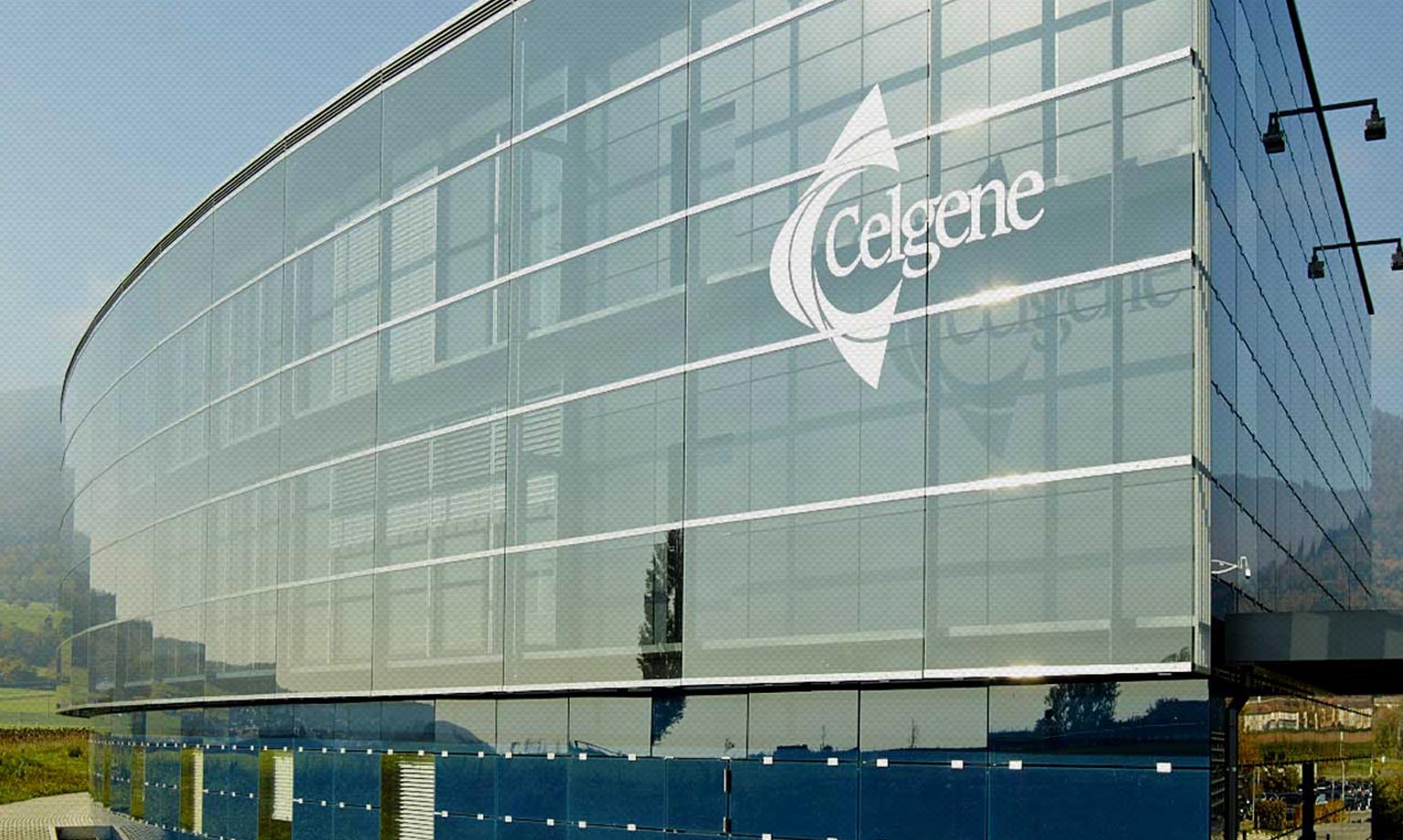Celgene scores regulatory win ahead of BMS merger

Celgene has scored a major regulatory win ahead of its proposed merger with Bristol-Myers Squibb, with the FDA backing its rare bone marrow cancer drug Inrebic.
Inrebic (fedratinib) is one of a suite of drugs that Celgene hopes will generate substantial sales following its $74 billion merger with BMS, which looks likely to complete at the beginning of next year.
Both BMS and Celgene are under pressure from shareholders to make the acquisition work, after a small group of influential Bristol shareholders tried to get the deal called off earlier this year.
They argued that Celgene was too reliant on its ageing blockbuster blood cancer drug Revlimid (lenalidomide), and that the drugs in its pipeline would be unlikely to make up for lost revenues once generics hit the market.
BMS managed to overcome the critics and convince a majority of its shareholders to back the deal – but things haven’t gone altogether smoothly.
Competition regulators require Celgene to sell off its psoriasis pill Otezla (apremilast), although the FDA has finally begun a review of potential MS blockbuster ozanimod after a botched filing in 2017.
Celgene has also settled a patent dispute with subsidiaries of the generics firm Alvogen preventing them from selling any cheap Revlimid competitors until March 2022, and even then with limits on volume. Alvogen will only be able to sell the generic without volume limitations from January 31, 2026.
The FDA approved Inrebic as a first-line follow-up treatment for myelofibrosis, and will be a relief for the two companies trying to make a success of the proposed merger.
A JAK inhibitor class drug, Inrebic is the first new treatment approved for nearly a decade to treat the disease.
Approved as a first-line or follow-up treatment, the FDA has decided that the drug must come with a black box warning - the most serious the regulator can require.
The warning will outline the risk of serious and fatal encephalopathy, which was reported in 1.3% of trial patients with Inrebic, with one case proving fatal.
Celgene added Inrebic to its pipeline as part of its $1.1 acquisition of Impact Biomedicines in early 2018.
Inrebic had already been passed around several companies before being acquired by Sanofi, which called off trials in 2013 after the FDA put development on hold.












